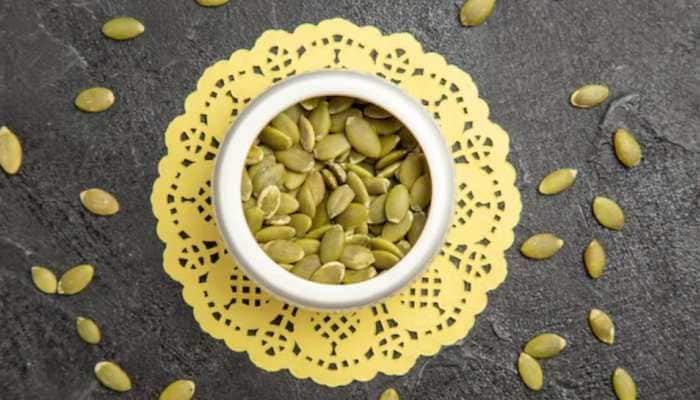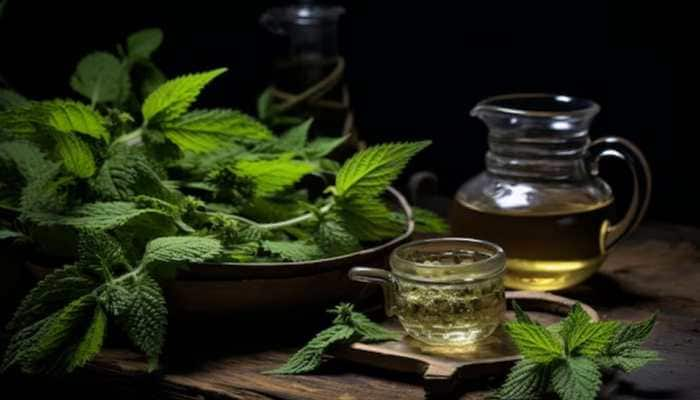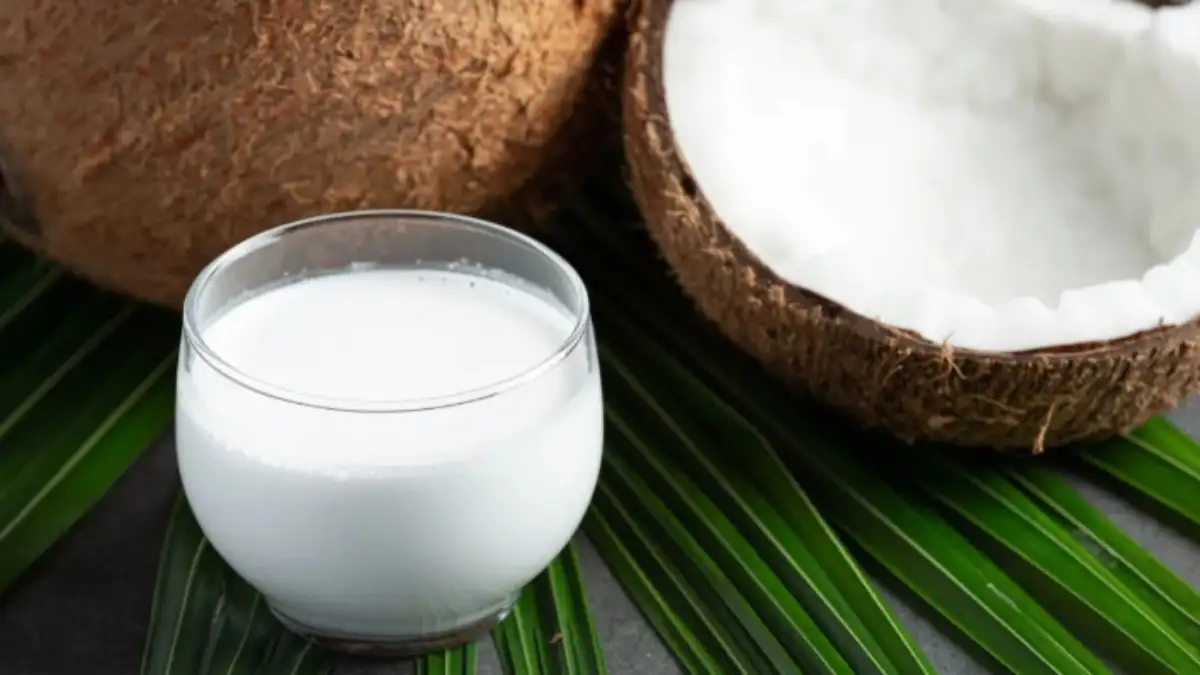Lemon balm (Melissa officinalis) is a perennial herb in the mint family known for its light, lemony scent and flavor. Native to Europe, North Africa, and West Asia, it has been cultivated for centuries for its culinary, medicinal, and aromatic properties. This versatile herb is often used fresh or dried and is valued for its calming effects and ability to support overall well-being. Lemon balm has been used historically in traditional medicine and as a culinary ingredient. Its uses range from soothing stress and anxiety to enhancing cognitive function. It is also a popular choice in herbal teas, tinctures, and essential oils for its refreshing flavor and therapeutic effects. 1. Reduces Stress and Anxiety Lemon balm is widely praised for its calming properties. Studies suggest it helps reduce stress, promote relaxation, and improve mood. Drinking lemon balm tea or using it in aromatherapy can help alleviate mild anxiety. 2. Improves Sleep Quality As a natural sedative, lemon balm may aid in addressing insomnia and other sleep disorders. Combining it with other herbs like valerian root enhances its effectiveness as a sleep aid. 3. Enhances Cognitive Function Lemon balm has been linked to improved focus, memory, and problem-solving skills. Its potential to boost cognitive function makes it a popular herb among students and professionals seeking mental clarity. 4. Aids Digestion Known for its antispasmodic properties, lemon balm can help ease digestive discomfort, including bloating, gas, and indigestion. It is often used in herbal remedies for upset stomachs. 5. Supports Immune Health Lemon balm contains antioxidants like flavonoids, which help combat oxidative stress and boost the immune system. Its antiviral properties may also support the body in fighting infections, such as cold sores caused by the herpes simplex virus. 6. Skin Health Lemon balm is sometimes applied topically to soothe irritated skin, reduce inflammation, and speed up the healing of minor wounds or insect bites. Its antiviral properties also make it a natural remedy for cold sores. Tea : A soothing lemon balm tea can be prepared by steeping fresh or dried leaves in hot water. Essential Oil: Used in aromatherapy or diluted in carrier oils for massages. Tinctures and Extracts: Concentrated forms for medicinal use. Culinary Uses: Adds a citrusy flavor to desserts, salads, or beverages. Skincare Products: Found in creams and balms for topical application. Lemon balm is generally safe for most people when used in moderation. However, individuals with certain conditions, such as thyroid disorders or those taking sedatives, should consult a healthcare provider before use. Pregnant or breastfeeding women should also seek medical advice. Overuse may cause drowsiness, nausea, or dizziness. With a rich history and a growing body of modern research supporting its benefits, it remains a staple in holistic wellness. (This article is intended for your general information only. News does not vouch for its accuracy or reliability.) None
Popular Tags:
Share This Post:
7 Strengthening Your Immunity For Winters: Tips And Tricks
- by Sarkai Info
- December 20, 2024


What’s New
Spotlight
Today’s Hot
-
- December 20, 2024
-
- December 20, 2024
-
- December 19, 2024
Featured News
Blistering barnacles! Tintin-linked tomb gets historic listing
- By Sarkai Info
- December 19, 2024
5 Easy Ways To Enjoy Pumpkin Seeds In Your Diet
- By Sarkai Info
- December 19, 2024
Latest From This Week
Goa Liberation Day: 5 unexplored beaches in South Goa you must visit when in the city
LIFESTYLE
- by Sarkai Info
- December 19, 2024
Sesame Laddu Recipe: Follow step-by-step guide to make this mouth-watering winter dessert
LIFESTYLE
- by Sarkai Info
- December 19, 2024
The Mystery Of Giving: Why Secret Santa Gifting Is A Cherished Holiday Tradition?
LIFESTYLE
- by Sarkai Info
- December 19, 2024
Subscribe To Our Newsletter
No spam, notifications only about new products, updates.
Popular News
Top Picks
Small Space, Big Holiday Spirit: Minimalist Christmas Décor Tips
- December 16, 2024




























